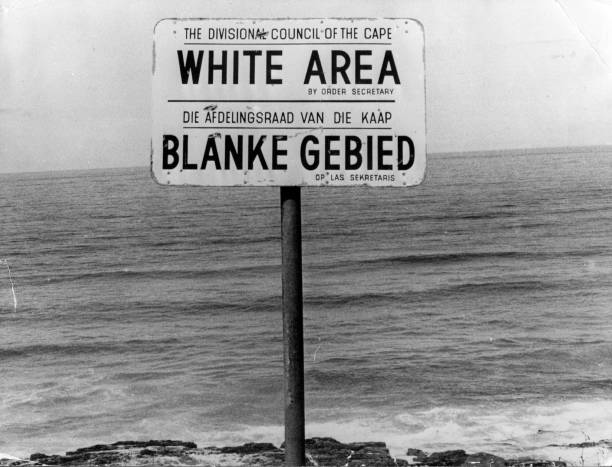A History of oppression-South Africa
The presence of modern humans in the region currently known as South Africa can be traced to about 300 000 years ago to indigenous hunter-gatherer and herding societies (San and Kho1)
In the mid-17th century, the first permanent colonial settlement was established by the mercantile capitalist Dutch East Indies Company.
In 1795 Britain annexed the Cape – 1820 British colonial settlers.
1863 witnessed the imperialist driven mining revolution in the hinterland – gold and diamond.
Imperialist Anglo-Boer Wars (1880-1881 and 1899-1902).
20th Century – consolidation of a state by colonial powers (1910), with exclusion of the majority, and consolidation of South African capital through English mining and Afrikaner agricultural and state capital.
Apartheid 1948 to 1994.
Character of the South African revolution:
Apartheid South Africa was characterized as colonialism of a special type (CST) or internal colonialism. When South Africa received its independence from Britain in 1910, the transfer of power was to the colonial settlers only and did not include black South Africans. The evils of colonialism, insofar as the non-White majority was concerned, were perpetuated and reinforced. A new tybe of colonialism was developed. in which the oppressors occupied the same territory as the oppressed people themselves and lived side by side with them.
The combination of imperialism, colonialism, apartheid and its resultant economic exploitation and disenfranchisement created conflict between the oppressor and the oppressed. Some of the consequences of the conflict were increased subjugation. hatred. death and trauma. and generational poverty.
“When we witness the experiences of Palestinians we can relate to the beatings. the arrests, the torture and the murder.”stated Reneva Fourie South African political analyst residing in Damascus.
Editor In Chief
Reem Haddad

